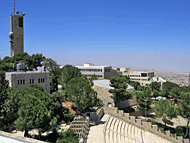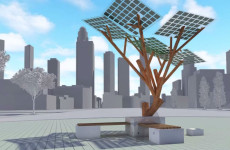Donating to Research through…Research!
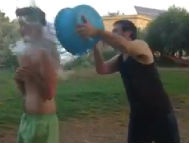
Many have only recently become familiarized with Lou Gehrig’s disease, also know as ALS (Amyotrophic Lateral Sclerosis), with the recent popularity of “The ALS Ice Bucket Challenge,” which has taken social media by storm, and succeeded in raising millions of dollars for research – specifically, a comprehensive study of the human genome to determine genetic factors in onset and progression of this degenerative disease. What you may not have heard, however, is that before there was the Ice Bucket Challenge to chill the spine, warm the heart, and open the wallet, Israeli biotech company, BrainStorm, has been tirelessly working in the background for years, developing a new and effective treatment for ALS (as well as other debilitating neurodegenerative diseases such as Multiple Sclerosis and Parkinson’s disease) using adult stem cells, and the results will astound you!
According to the ALS Association, ALS is a progressive neurodegenerative disease that affects nerve cells in the brain and the spinal cord. Motor neurons reach from the brain to the spinal cord and from the spinal cord to the muscles throughout the body. The progressive degeneration of the motor neurons in ALS eventually leads to their death. When the motor neurons die, the ability of the brain to initiate and control muscle movement is lost. With voluntary muscle action progressively affected, patients in the later stages of the disease may become totally paralyzed.
The average life expectancy for those diagnosed with ALS is about two to five years.
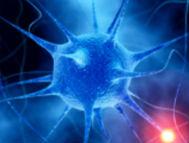
Despite a limited number of medications to improve quality of life and delay deterioration from the disease, the average life expectancy for those diagnosed with ALS is about two to five years. This means that time is of the utmost essence for ALS patients from the time of diagnoses. And finally, hope is beginning to materialize in the research of BrainStorm, an Israeli biotechnology company that is the frontrunner of adult stem cell research.
This innovative new method of using adult stem cells, completely bypasses all risk of cell rejection
At Hadassah Medical Center in Jerusalem, BrainStorm has developed an adult stem cell therapy called NurOwn. In this case, the secret truly does lie in the name, referring to the patient’s own stem cells as the base of treatment. This first-of-its-kind technology essentially takes the patients’ own mesenchymal stem cells from their bone marrow, and treats them with certain chemicals which cause them to multiply and become neuron-supporting cells. These “upgraded” cells are then transplanted back into the patients near the site of damage, in the spine and/or muscles (depending on the disease). The newly implanted cells trigger nerve growth in the areas of implantation, promoting motor neuron growth, and the reestablishment of nerve muscle interaction. This innovative new method of using adult stem cells, completely bypasses all risk of cell rejection, as the implanted cells are, in fact, the patient’s own; the treatment also masterfully absolves itself of all moral conflict involved in the much debated field of stem cell research and treatment, as the stem cells are adult stem cells derived from said patient.
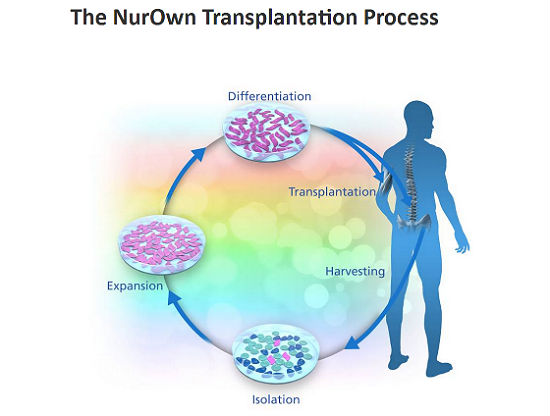
Clinical Trials in Israel declared a success
In 2014, BrainStorm successfully completed a Phase IIa dose-escalating trial with NurOwn in patients with ALS. The trial, which began in 2012, was overseen by Professor Dimitrios Karussis, a neurologist at Hadassah Medical Center. This Phase was designed to evaluate the safety and preliminary efficiency of the treatment. The trial participants received combined intramuscular and intrathecal administration of NurOwn cells in three cohorts with increasing doses. They were followed for six months after transplantation.
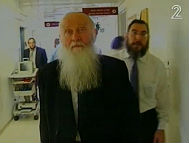
From among patients given this therapy was Rabbi Rafael Shmulevitz, who had been given a prognosis of two to four years to live. By the time he began BrainStorm’s treatment he had lost the ability to walk and speak clearly. According to Karussis, “Within a few weeks following injection with NurOwn cells, the patient showed dramatic improvement in a variety of functions including breathing, speech, walking, muscular strength, and overall well-being.” Just six months following the treatment, Israelis watched the news in awe as Shmulevitz began speaking and walking once more. Currently, as of most recent reports, Rabbi Shmulevitz is alive and well, with his most drastic improvement having taken place in the beginning of the treatment.
…we are in the first stages of something new and revolutionary.
While Karussis was not quick to draw scientific conclusion based on one patient, he did find the results to be very encouraging. When asked in an interview with Channel 2 News if he thought this was a breakthrough that will lead to a cure for ALS, Karussis answered that while it was still soon to be making such general statements, he believed that “we are in the first stages of something new and revolutionary.”
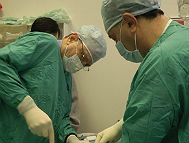 Fast forward two years later to present day: BrainStorm has already received FDA approval for NurOwn to begin clinical trials in the United Stated. In June 2014 BrainStorm entered into a Memorandum of Understanding with the University of Massachusetts Medical School and Massachusetts General Hospital to begin ALS human clinical trials at these institutions that consist of randomized, double-blind, placebo-controlled multi-center studies to further determine the safety and efficiency of the treatment.
Fast forward two years later to present day: BrainStorm has already received FDA approval for NurOwn to begin clinical trials in the United Stated. In June 2014 BrainStorm entered into a Memorandum of Understanding with the University of Massachusetts Medical School and Massachusetts General Hospital to begin ALS human clinical trials at these institutions that consist of randomized, double-blind, placebo-controlled multi-center studies to further determine the safety and efficiency of the treatment.
Adult stem cell research could very well mean a revolution in the way we begin to treat disease.
In an interview, BrainStorm President Chaim Lebovits, stated that the purpose of this therapy is to ‘regenerate the cells that have not yet died, to keep the yet-healthy cells well, and hopefully to also regenerate the new, healthy cells, with the goal of stopping progression…if used immediately following diagnoses, it may stop all progression, and perhaps even cure the disease’. The outlook is bright for the future of the adult stem cell research field, and could very well mean a revolution in the way we treat disease in the not-so-distant-and-ever-approaching-future.


